Tooth pain has a way of showing up at the worst possible time—right before a big meeting, during a weekend away, or in the middle of the night when every dental clinic in Brisbane seems to be closed.
While a dull ache might tempt you to shrug it off, tooth pain is often your body’s way of signalling that something isn’t quite right. From minor sensitivity to sharp, throbbing discomfort, knowing when to book that dental appointment can make all the difference between a quick fix and a costly emergency.
In this guide, we’ll break down the common causes of tooth pain, the red-flag symptoms you shouldn’t ignore, and when it’s time to call a Brisbane dentist.
Common Culprits Behind Your Toothache
Toothaches are caused by a handful of usual suspects. Think of your mouth as a mystery party – sometimes uninvited guests crash the party and ruin the fun. Common culprits include:
- Cavities (Tooth Decay): The classic villain. A cavity eating into the tooth’s inner pulp (where the nerves live) can fire off sudden, sharp pain. The Australian Dental Association warns that untreated decay reaching the nerve is a top pain trigger.
- Gum Disease: Inflamed or infected gums can hurt by themselves or make teeth feel loose. Sore, swollen gums are often a hidden cause of that ache.
- Cracked or Broken Teeth: Even a tiny crack can expose the sensitive inner layers (dentin and nerve) and set off sharp zingy pain. You might not see the crack, but each bite or temperature change sends a jolt.
- Abscess / Infection: A dental abscess (an infection at the tooth root or gum) often causes a constant, throbbing ache and can make your cheek swell. This is serious – it’s basically a boil of bacteria that needs fixing.
- Wisdom Teeth: If your wisdom teeth are trying to come in (erupt) and don’t have room, they can push on nerves and gums, causing pain or a dull ache.
- Other Causes: Things like a loose filling, grinding your teeth at night, or even sinus congestion (yep, sinus pressure can feel like a molar ache) might also show up as “tooth pain.”
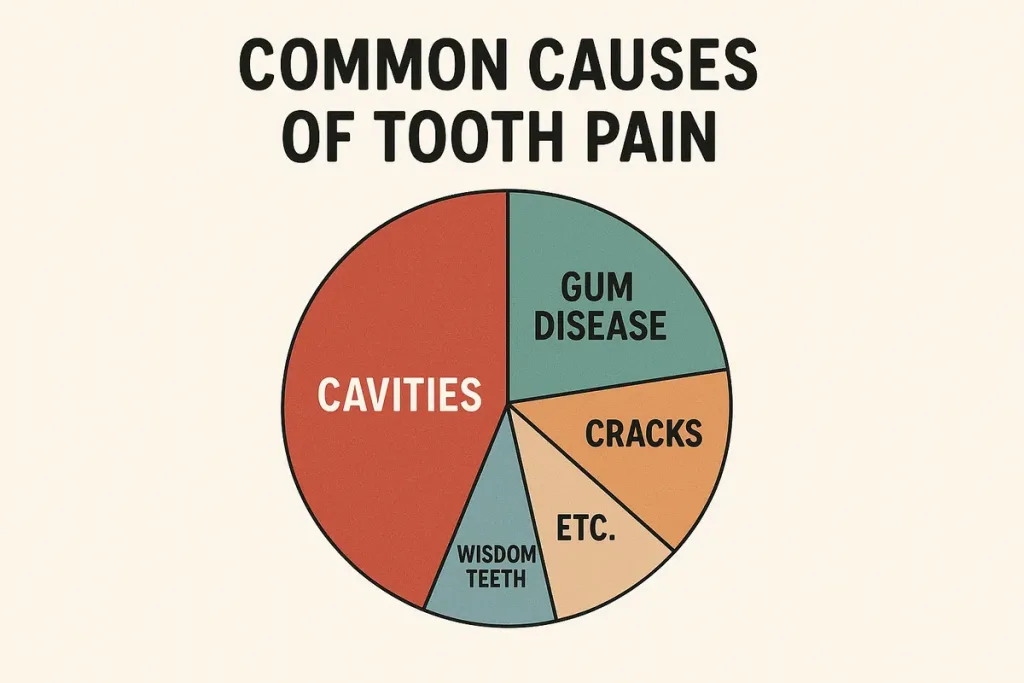
In short, if something is off – decay, trauma or infection – your tooth might start shouting at you.
Warning Signs: When to See the Dentist (Seriously)
Not every twinge requires an emergency room visit, but some red flags mean book a dental appointment, stat:
- Persistent Pain: If the ache has lasted more than 48 hours straight, that’s a major signal. Healthdirect (Australia’s health advice line) explicitly advises seeing a dentist if tooth pain or swelling lingers over two days. Brisbane dentists echo this – “if your toothache lasts more than a couple of days, it’s a signal something’s wrong,” they warn.
- Severe, Throbbing Pain: If pain is intense and doesn’t ease even after painkillers (or gets worse), don’t tough it out. This could mean an abscess or other serious issue.
- Facial or Gum Swelling: Any puffiness in your cheek, jaw or gums – especially with a fever or a bad taste – suggests infection. Don’t ignore swelling (your face is essentially raising a red flag).
- Bleeding or Pus: Oozing blood or pus around a tooth, or a white bump on the gum, is usually an abscess sign. That needs a dentist’s attention ASAP.
- Trouble Breathing/Swallowing: If swelling or pain makes breathing or swallowing hard, call emergency services (000) immediately. Thankfully this is rare, but it’s a real emergency if it happens.
- Recent Trauma: Busted or knocked-out tooth? That’s urgent. A dentist or emergency clinic should see you right away to save the tooth if possible. (Pro tip: If you knock out an adult tooth, hold it by the top, rinse gently and try to reinsert it – it can sometimes reattach if treated quickly.)
- Other Odd Signs: If your tooth suddenly looks very gray or you have chronic bad breath along with pain, get it checked. These can be clues to deeper problems.
Even if only one of the above fits, don’t wait. In Brisbane, you have options: many clinics and emergency dentists operate after hours. For example, consider contacting an emergency dentist Brisbane like Herman Dental if you need same-day care. These pros deal with crazier stories daily. Metro North Health (Queensland Health) also advises: for persistent toothache, “seek dental treatment as soon as possible.”
For context, here’s a rough timeline of how tooth pain can escalate if ignored:
| Days since pain started | Pain Intensity (0–10) | Recommended Action |
|---|---|---|
| 0–1 day | Mild (1–3) | Use home remedies (see below); monitor closely |
| 2–3 days | Moderate (4–7) | Arrange a dental appointment; consider urgent care |
| 4+ days | Severe (8–10) | Seek immediate dental/emergency care |
Even if the pain starts small, don’t assume it will stay that way. Left unchecked, a simple toothache can roar into a full-blown emergency in just a few days.
Quick Relief (At-Home First Aid for Tooth Pain)
When your tooth is hollering, you’ll try anything for a bit of relief. These are temporary fixes – they don’t cure the problem but can make it more bearable until you get professional help:
- Warm Saltwater Rinse: Mix about a teaspoon of salt in a glass of warm water. Swish gently around the sore tooth for 30 seconds, then spit it out. Saltwater helps clean the area and reduce gum swelling.
- Cold Compress: Wrap a bag of ice or frozen veggies in a tea towel and press it against your cheek near the painful tooth. Do 20 minutes on, 20 minutes off. The cold numbs pain and keeps swelling down.
- Pain Relievers: Over-the-counter meds like ibuprofen (Nurofen/Advil) or paracetamol (Panadol) can significantly dull tooth pain. Ibuprofen is especially useful because it fights inflammation as well as pain. Take the recommended dose on the packet (with food if needed). Don’t exceed the dose. Remember, this is just a band-aid – meds mask the pain but won’t fix a cavity or abscess.
- Avoid Aspirin on the Gum: Don’t put an aspirin tablet on your tooth or gum, no matter what grandma says. It can burn the gum tissue and make things worse.
- Clove Oil: This old-school remedy can help. Dip a tiny bit of clove oil on a cotton swab and touch it to the aching area. Clove contains a natural numbing agent (eugenol). Use sparingly – it’s strong stuff, but it might give you temporary relief.
- Gentle Flossing: Check for food stuck between the tooth and the next. Floss carefully to remove any debris that could be aggravating the pain.
- Watch Your Diet: Stick to soft, lukewarm foods. Avoid super-hot drinks or ice cream if they trigger pain. Also, steer clear of chewy, crunchy or sticky stuff – it could press on the tooth and hurt.
- Prop Up Your Head: Lying flat can increase blood pressure in your head and make a toothache throb more. When sleeping or resting, prop your head up on pillows.
All of the above can ease discomfort for now, but remember they won’t solve the underlying issue. Even if you feel better, the cause of the toothache (like a cavity or infection) is still there.
Why a Dentist Visit Matters
Think of your dentist as a detective for your mouth. They do more than just look – they figure out why a tooth hurts and fix it at the root. When you sit in that dentist’s chair, expect an exam and maybe an X-ray or two. The dentist will poke, tap and probe to find the problem. Once they know the culprit, they’ll tailor a treatment:
- Cavities: A simple filling or crown. The dentist removes the decay and restores the tooth. No more pain once the decay is sealed.
- Infections/Abscesses: Often a root canal is needed – the dentist drills into the tooth, cleans out the infection, then seals it and may cap it with a crown. Sometimes antibiotics are given to clear infection. (Antibiotics alone won’t cure an abscess – the source must be treated!)
- Cracked Tooth: Depending on the crack, a bonding, filling or crown can fix it. If the crack is severe, the tooth might need a crown or, in worst cases, removal.
- Gum Disease: Deep cleaning (scaling/root planing) and better home care are prescribed. Treatment of gums stops the pain from gum infection.
- Impacted Wisdom Teeth: If your wisdom tooth is causing pain or infection, the dentist may recommend removing it.
- Night Grinding (Bruxism): They might fit you with a night guard to protect teeth and reduce jaw pain.
Bottom line: they handle the problem head-on. Sure, your friendly dentist might crack a joke or two to ease nerves, but they’re dead serious about solving the pain.
After treatment, you’ll get advice on avoiding future issues – whether it’s improving brushing habits, flossing, or even seeing a specialist.
Keeping Future Toothaches at Bay
Let’s prevent the next tooth drama before it starts. A little daily care goes a long way:
- Oral Hygiene: Brush twice a day with fluoride toothpaste and floss daily.
- Regular Check-ups: See your dentist every 6–12 months. Regular exams catch tiny issues before they turn into toothache monsters.
- Watch Sugar Intake: Sugar + mouth bacteria = acid attack on enamel. Queensland’s sunny climate might make us love cold coffees and sodas, but limit sweet and acidic drinks. If you do indulge, swish water afterward.
- Protect Your Teeth: If you play sport (Cricket, rugby, etc.), wear a mouthguard. If you grind your teeth at night, ask about a nightguard. These can prevent cracks and wear.
- Stay Hydrated: Saliva protects teeth. Drink water throughout the day – it washes away food and acid.
- Healthy Diet: Crunchy fruits/veggies (like apples, carrots) are nature’s toothbrush. Dairy (cheese, yogurt) provides calcium for enamel.
Keep a handy list (or note in your phone) of local dentists and after-hours clinics. Brisbane has plenty. That way, the moment you feel a warning pang, you can book in. It’s much better than letting things blow up to full fury.
Conclusion
Tooth pain is like a persistent smoke alarm – it won’t stop beeping until you fix the fire. Don’t let it drive you nuts (or ruin your weekend). If you’re in Brisbane and that molar is still nagging you tomorrow, see the dentist. Early treatment means less pain, less cost, and a happier smile.
In fact, Healthdirect (Australia’s trusted health advice service) specifically urges you to make a dentist appointment if a toothache or mouth swelling sticks around more than two days. The advice is clear: tooth pain shouldn’t hang about.
So here’s the plan: brush up on home care, use those short-term relief tricks if you need them, and listen to your body. If any red flags pop up, pick up the phone ASAP. Your local Brisbane dentists (including emergency clinics) are ready to help you get back to normal.
Share this guide with a mate who’s been gritting through the pain – because nobody should have to endure that alone. After all, smiling without pain is the best kind of smile.
Frequently Asked Questions
How do I know if my Tooth Pain is a dental emergency?
If your toothache comes with swelling, fever, bleeding, or severe pain that doesn’t go away with pain relief, it’s best to treat it as an emergency. In Brisbane, dental emergencies should be seen immediately by a professional.
Can sensitive teeth cause constant Tooth Pain?
Sensitive teeth usually cause short, sharp pain when triggered by hot, cold, or sweet food and drinks. If the pain becomes constant, it might be a sign of a deeper issue like tooth nerve pain or decay.
What are the most common causes of Tooth Pain in Brisbane residents?
The main culprits include cavities, gum disease, cracked teeth, impacted wisdom teeth, and sinus-related toothache. Lifestyle habits like grinding teeth or high-sugar diets can also increase the risk.
How soon should I book a dental appointment if I have mild toothache?
Even mild pain is a sign something isn’t right. If it lasts more than a couple of days or keeps coming back, book an appointment with your Brisbane dental care provider to prevent it from becoming a bigger problem.

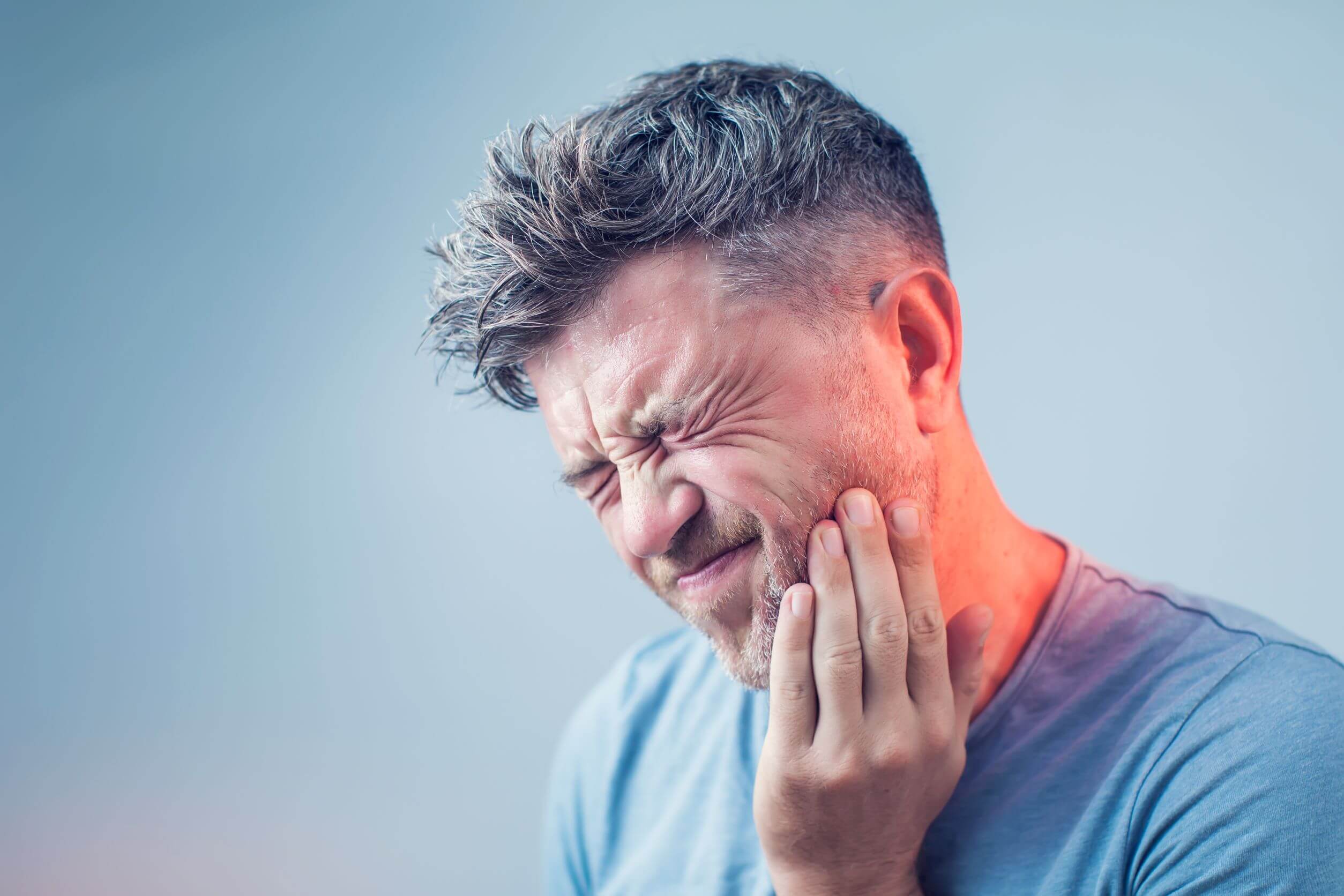

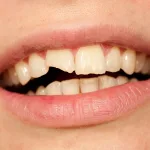
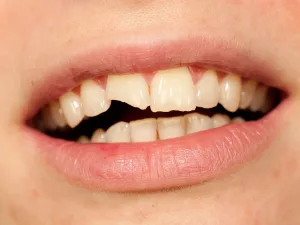

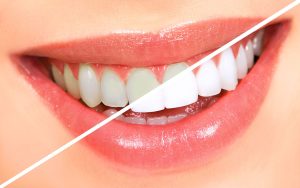
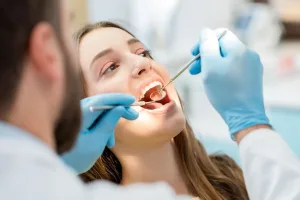
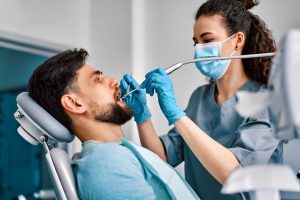

Add comment